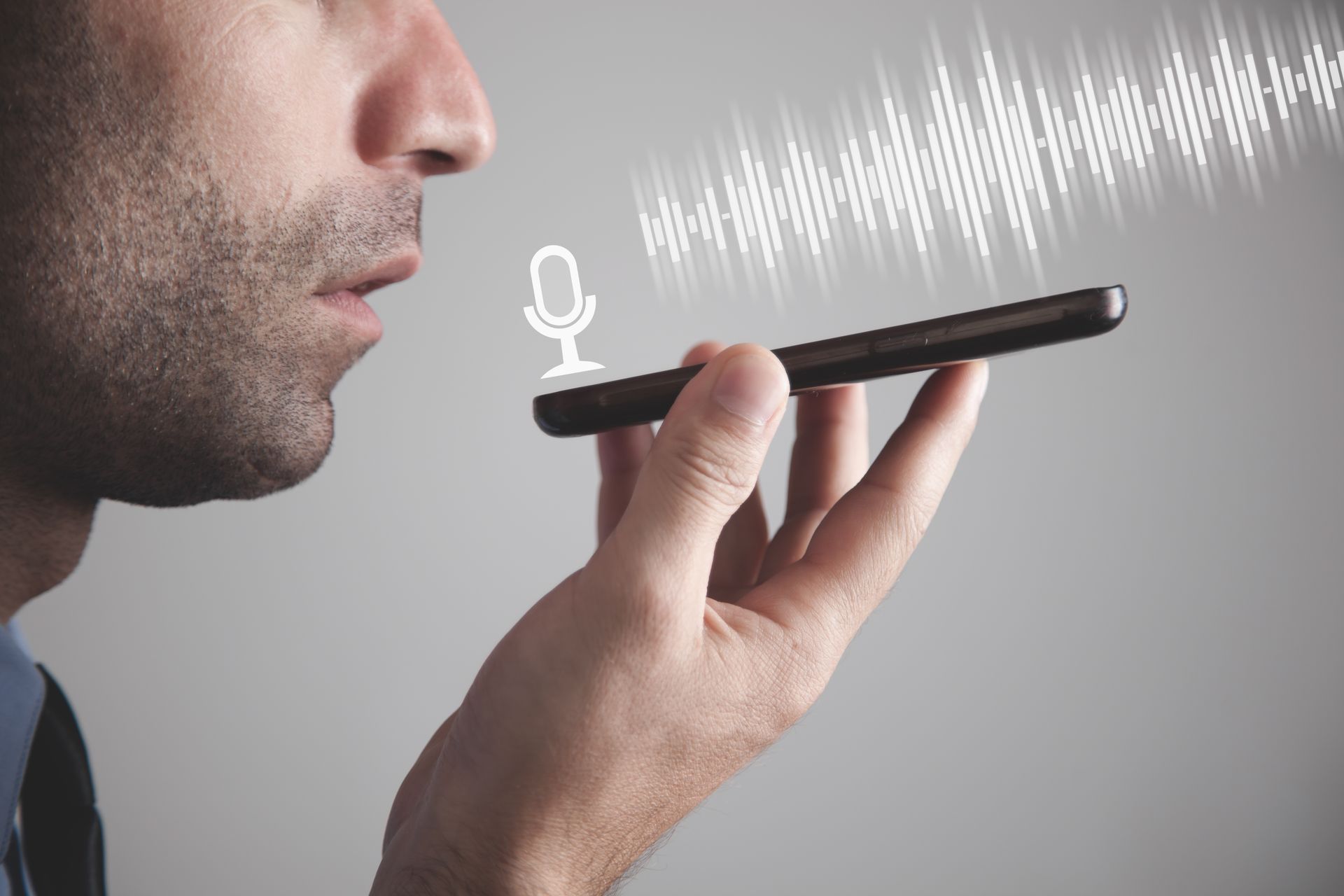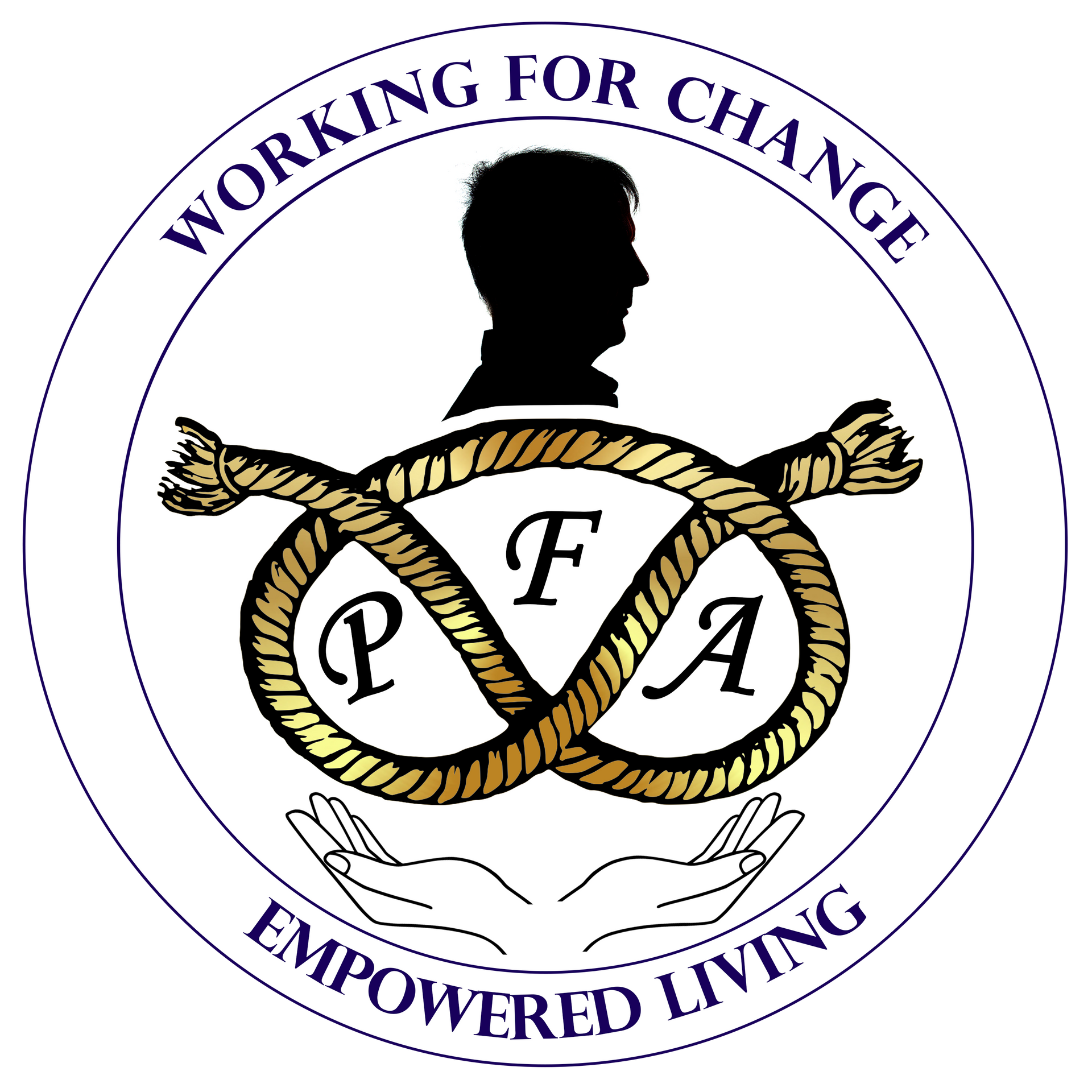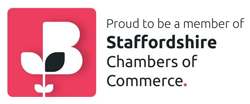Navigating the Digital World: Inclusivity Unleashed
Breaking Barriers Online: Embracing Internet Accessibility for All
From exclusion to empowerment: Internet accessibility paves the way forward.
By Philip Francis Anderson, Activist and Podcast Host campaigning for change.
Unlocking the Digital Frontier: How Internet Accessibility Is Changing the Game for Persons with Disabilities.
Introduction
Picture this: you wake up in the morning, grab a cup of coffee, and settle comfortably in front of your computer. You're ready to dive into the vast ocean of information, connect with friends and family, and explore the wonders of the digital realm, only to find there has been a crucial update overnight and you could no longer access the internet. Imagine your frustration, the isolation, and all those missed opportunities. Internet accessibility for persons with disabilities is not just a matter of convenience; it's a fundamental human right. In this blog, we'll embark on a journey through the history of internet accessibility, explore its positive impact, delve into the challenges faced, and uncover solutions for a more inclusive digital world.

The Past: From Exclusion to Inclusion
The internet, once a realm of exclusivity, has gradually transformed into a space that strives for inclusivity. As the world's largest encyclopaedia and endless treasure trove of knowledge, it became increasingly vital to ensure that everyone had equal access to its wonders. The introduction of web accessibility guidelines and standards was a turning point, emphasising the need for developers and designers to consider the diverse needs of users. However, it was a long and winding road to get where we are today.
Do you remember the early days of the internet? What were your experiences like? Were there any barriers you encountered?
The Present: The Power of Inclusion
In the present day, the internet has become a powerful tool, empowering individuals with disabilities and breaking down barriers that once seemed insurmountable. From screen readers and voice recognition software to captioned videos and alternative text for images, technological advancements have paved the way for a more accessible digital landscape. With social media platforms, individuals with disabilities can connect, share their stories, and raise awareness about the challenges they face. The internet has given them a voice and a platform for advocacy like never before.
How has the internet transformed your life? Have you witnessed the positive impact it has had on individuals with disabilities?

The Challenges: Overcoming Obstacles
While significant progress has been made, challenges still persist in the pursuit of universal internet accessibility. One of the key hurdles is the lack of awareness among content creators and web developers. Often, accessibility considerations are an afterthought rather than an integral part of the design process. Additionally, the rapid pace of technological advancements poses challenges in keeping up with accessibility standards and guidelines. Moreover, economic constraints can hinder the implementation of accessibility measures, preventing many websites and digital services from reaching their full inclusive potential.
Have you ever encountered websites or digital services that were inaccessible? How did it make you feel, and what difficulties did it pose?
The Solutions: Forging an Inclusive Path
Addressing internet accessibility requires collaboration and commitment from all stakeholders. Governments and policymakers play a crucial role in implementing and enforcing accessibility standards. Education and training programs can equip developers and designers with the knowledge and tools to create inclusive digital experiences. Organisations and businesses need to embrace accessibility as a core value, ensuring that their websites and services are accessible from the ground up. By fostering a culture of inclusivity, we can create a digital world where everyone can participate and thrive.
What steps do you think should be taken to promote internet accessibility? How can we encourage a more inclusive digital landscape?
Conclusion
Internet accessibility is not just about websites being compatible with screen readers or videos having closed captions; it's about fostering a digital world that values and embraces diversity. The internet has the power to bridge gaps, create opportunities, and empower individuals with disabilities. By recognising the challenges, advocating for change, and implementing inclusive solutions, we can build a future where everyone, regardless of their abilities, can navigate the digital landscape with ease. Let's come together and unleash the true potential of internet accessibility for a more inclusive and equitable world.
How do you envision an inclusive digital world? Share your thoughts and aspirations for a future where internet accessibility is the norm.
Comments Welcome!
To leave a general comment, feedback about a post, or even recommendations for a topic to cover, please just fill out this form. For those who would prefer to send their comment in using audio, there is the additional option to upload an audio file.
Contact Us
In line with GDPR, only complete this form if you are happy for me to use your answers for the purposes of processing of your request and in all
corresponding communications thereafter. Read my Privacy Policy for more information on how I manage your personal data. This contact form is also protected by reCAPTCHA, a Google system. Google's Privacy Policy and Terms of Service apply and are available to read when using the reCAPTCHA tool.

